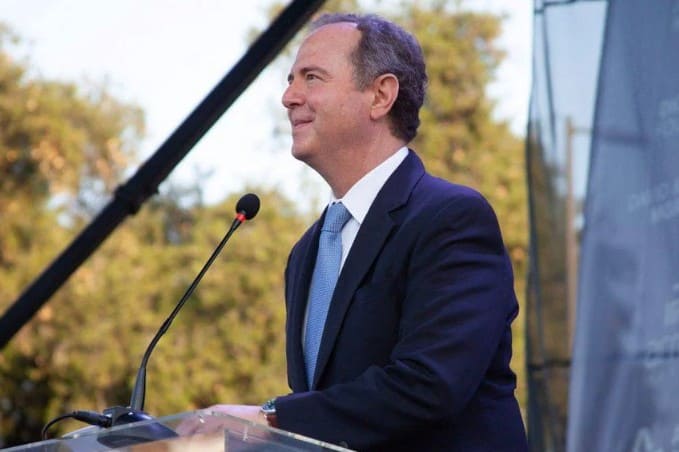Brian Quintenz, President Trump’s nominee to lead the Commodity Futures Trading Commission (CFTC), appeared before the Senate Agriculture Committee today, where he addressed a range of issues, including the growing overlap between prediction markets and sports betting.
Senator Adam Schiff (D-CA), whose district includes some of the most influential tribal casino operators in the country, questioned Quintenz—formerly a board member at prediction market platform Kalshi—about whether the CFTC intends to evaluate the impact of event-based derivatives on tribal sovereignty and compliance with the Indian Gaming Regulatory Act (IGRA).
“I’m very concerned that these event contracts, which from a consumer’s perspective are virtually indistinguishable from gambling, may violate tribal sovereignty and undermine state and tribal gaming compacts in direct conflict with IGRA,” Schiff said.
Quintenz responded by citing the Commodity Exchange Act (CEA), emphasizing that the law clearly permits event contracts when the underlying events have a “commercial, financial, or economic consequence.” Under those standards, he explained, the CEA allows such derivatives to be treated as legitimate commodities for futures trading.
California Tribes See Cause for Concern
Schiff’s concerns carry particular weight in California, where tribal operators maintain exclusive rights to offer gambling services, including any potential expansion into sports betting or iGaming. Several prominent tribes, such as the Agua Caliente Band of Cahuilla Indians, have contributed substantial funding to Schiff’s 2024 Senate campaign—support that underscores the political and economic importance of these issues.
A central point of controversy is that prediction market companies—regulated federally by the CFTC—are offering sports-related event contracts nationwide without securing gaming licenses at the state level. In California, where no form of legalized sports betting currently exists, this is especially problematic, as tribes hold constitutionally protected rights to control gaming within the state.
Tensions around these rights reached a boiling point during the failed 2022 campaign to legalize online sports betting, which commercial sportsbooks pushed forward without tribal backing. That initiative was soundly defeated, and operators are still working to mend relationships with tribal stakeholders.
During the hearing, Quintenz assured Schiff that he would be receptive to tribal input and emphasized that tribal operators themselves are free to offer event contracts if they choose. He also expressed a willingness to engage in “robust dialogue” with all stakeholders to better understand the intersection of event-based derivatives and tribal gaming rights.
Schiff: “If It Looks Like Gaming…”
Kalshi and other prediction market firms have drawn scrutiny from state regulators for blurring the lines between trading and gambling. These platforms often offer binary yes/no contracts on the outcomes of sports events—contracts that closely resemble traditional moneyline bets.
“If betting on the outcome of a sporting event looks like sports betting, smells like gaming, sounds like gaming, and there are winners and losers like gaming—then it’s probably gaming,” Schiff said.
The California senator’s remarks suggest that, at least in his view, prediction markets may be infringing upon the regulatory territory of tribal gaming and undermining long-standing compacts. Whether the CFTC under Quintenz’s leadership will adopt a stricter stance remains to be seen.
Explore the best online betting site Singapore with Octabet betting news. Start winning today! Register now!




